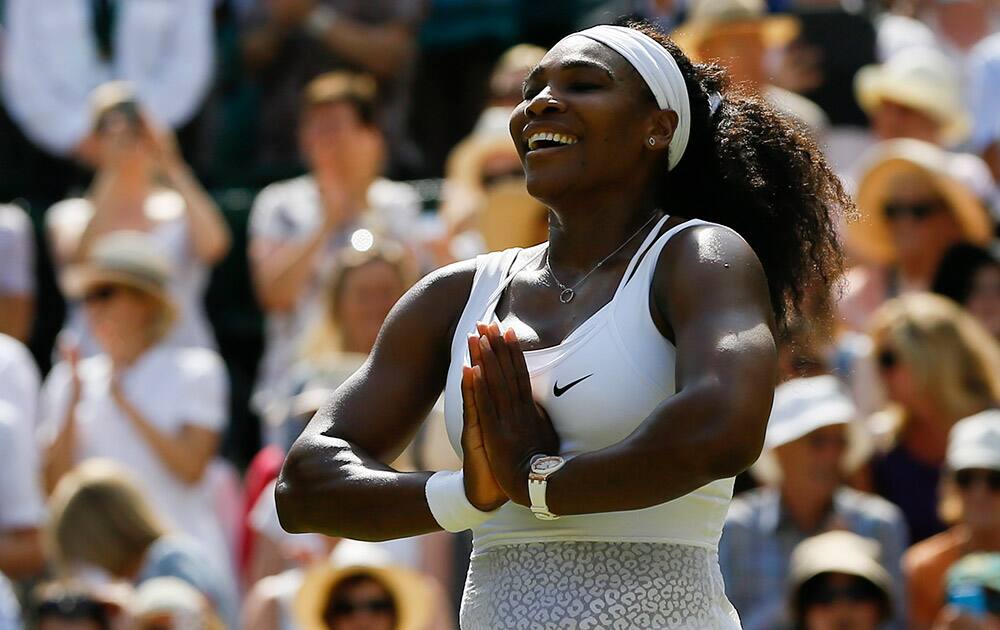Respect for both yourself yet others is really a key characteristic of healthy relationships. In comparison, in unhealthy relationships, one partner attempts to exert control and energy on the other actually, intimately, and/or emotionally.
Healthier relationships share specific traits that teenagers must be taught you may anticipate. They consist of:
- Shared respect. Respect means every person values who one other is and knows one other person’s boundaries.
- Trust. Lovers should put rely upon one another and provide one another the advantageous asset of the question.
- Honesty. Honesty builds trust and strengthens the partnership.
- Compromise. Each partner does not always get his or her way in a dating relationship. Each should acknowledge various points of view and start to become ready to offer and simply simply take.
- Individuality. Neither partner must have to compromise whom she or he is, and his/her identity ought not to be centered on a partner’s. Each should carry on seeing their buddies and doing the things he or she really loves. Each must certanly be supportive of his/her partner planning to pursue new hobbies or make friends that are new.
- Good interaction. Each partner should openly speak honestly and in order to prevent miscommunication. If an individual person has to work through his / her emotions first, one other partner should respect those desires and wait until she or he is willing to talk.
- Anger control. We all have annoyed, but just how we express it make a difference our relationships with other people. Anger may be managed in healthier methods such as for instance taking a deep breath, counting to ten, or chatting it down.
- Fighting fair. Everybody else contends at some time, but those who find themselves reasonable, stay glued to the topic, and give a wide berth to insults are more inclined to show up by having a feasible solution. Partners should simply take a break that is short from one another in the event that conversation gets too heated.

- Problem re re solving. Dating partners can figure out how to re re solve dilemmas and recognize brand new solutions by breaking a challenge into tiny components or by chatting through the problem.
- Understanding. Each partner should remember to determine what one other may be experiencing.
- Self-confidence. When dating partners have self- self- confidence in themselves, it will also help their relationships with other people. It indicates that these are typically relaxed and comfortable sufficient to permit others to state their viewpoints without forcing their opinions that are own them.
- Being a task model. By embodying just just what respect means, lovers can encourage one another, buddies, and family members to also behave in a respectful method.
- Healthier intimate relationship. Dating partners participate in a intimate relationship that both are confident with, and neither partner seems forced or forced to participate in sexual intercourse that is outside his / her safe place or without permission.
Unhealthy relationships are marked by traits such as for instance disrespect and control. It is necessary for youth to help you to recognize indications of unhealthy relationships before they escalate. Some traits of unhealthy relationships consist of
- Control. One dating partner makes all of the decisions and informs one other what direction to go, things to wear, or whom to invest time with. She or he is unreasonably jealous, and/or attempts to separate one other partner from his / her family and friends.
- Hostility. One dating partner picks a battle with or antagonizes one other dating partner. This could lead to one relationship partner changing his or her behavior to avoid upsetting the other.
- Dishonesty. One dating partner lies to or keeps information through the other. One partner that is dating through the other.
- Disrespect. One dating partner makes fun regarding the views and passions for the other partner or kills a thing that is one of the partner.
- Dependence. One relationship partner seems she“cannot live without” the other that he or. He/she may jeopardize to complete one thing extreme in the event that relationship comes to an end.
- Intimidation. One dating partner attempts to regulate areas of one other’s life by simply making one other partner afraid or fearful. One dating partner may try to keep their partner from relatives and buddies or threaten violence or perhaps a break-up.
- Assault. One partner utilizes force to have his / her method (such as for example striking, slapping, grabbing, or shoving).
- Sexual violence. One dating partner pressures or forces one other into sexual intercourse against their will or without permission. 1
It’s important to teach youth concerning the worth of respect and also the faculties of healthier and unhealthy relationships before they start up to now. Youth is almost certainly not designed with the required abilities to produce and keep maintaining healthier relationships, and may also maybe not learn how to split up in an way that is appropriate necessary. Keeping open lines of interaction might help them form healthier relationships and recognize signs and symptoms of unhealthy relationships, therefore steering clear of the physical violence before it begins.
